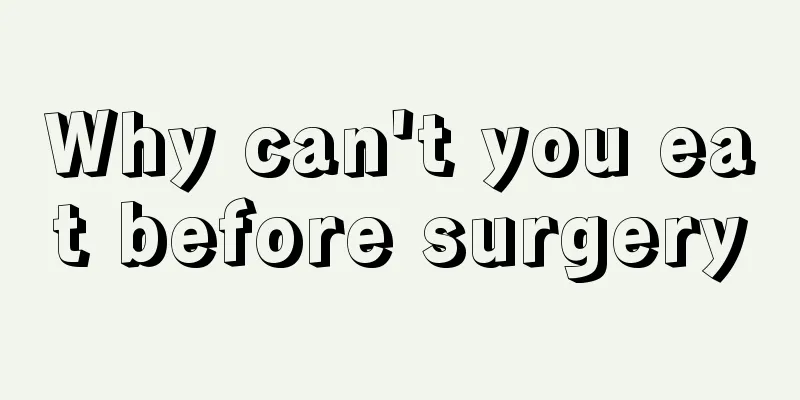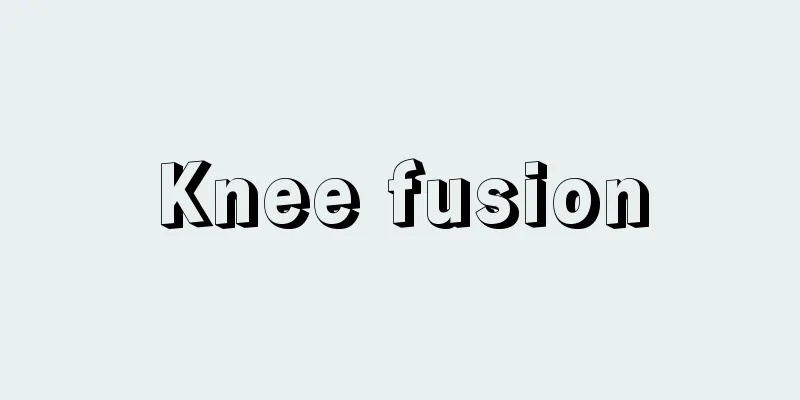Why can't you eat before surgery

|
People are not allowed to eat before having surgery. Some people don't quite understand this. In fact, not eating and drinking before surgery is entirely for the sake of one's own health. Anesthesia will definitely be required during surgery. After anesthesia, people will enter a deep sleep state, during which people are completely unconscious. Once food and water enter the trachea, it will cause suffocation. If it is not discovered in time, it may be life-threatening. Reason 1: When patients undergo surgery, they are often prone to nausea and vomiting due to the stimulation of drugs. If there is something in the stomach, it may be inhaled into the trachea and lungs when vomiting, causing life-threatening danger. Therefore, not only can patients not eat before surgery, some of them also need to undergo enema to remove remaining food in the gastrointestinal tract. Reason 2: Due to the size, age, and general condition of the patient, eating and drinking should be prohibited 12 hours before general surgical operations, and drinking water should be prohibited starting 4 hours before the operation. Start fasting after dinner. You can drink 250-500ml of boiled water or sugar water before going to bed, but do not consume any other high-nutrition beverages or solid food. It should be emphasized here that dairy products are not beverages but solid foods because they take a longer time to be digested in the stomach. If it is the first surgery on the day of surgery, do not drink water or eat any food after getting up in the morning; if it is a connecting surgery, you can drink a small amount of boiled water or sugar water 4 hours before the surgery. Pediatric patients are generally prohibited from eating (including dairy products) 6 hours before surgery and drinking water 3 hours before surgery. Specific fasting precautions should be strictly followed according to the doctor's instructions. Reason three: Gastrointestinal preparation is an important part of preoperative preparation. This is to prevent vomiting during anesthesia or surgery and cause suffocation or aspiration pneumonia. This vomiting reaction may occur at any time during anesthesia, especially during endotracheal intubation, suction and catheter removal. If you undergo surgery under anesthesia after eating or drinking a lot of water, the food in your stomach may be vomited out before it can be digested and enter the intestines. This will not only affect the normal progress of the operation, but may also cause serious complications and even threaten the patient's life safety. |
<<: The best age for myopia surgery
>>: How many days does it take to recover from hemorrhoid surgery
Recommend
Experts teach you how to effectively prevent lung cancer in your life
With the improvement of living standards, more an...
Why does my butt itch when it gets hot?
People will encounter some special diseases in th...
The cause of colon cancer is the lack of nutrients in the body
As a common digestive tract tumor disease, the ca...
Can regular exercise prevent cervical cancer?
In modern life, many female friends do not like t...
Can a 10-year-old child get stomach cancer?
The chance of a 10-year-old child developing stom...
What's wrong with the little girl's black spots on her face
If a little girl has black spots on her face, the...
What causes cervical cancer
The main causes of cervical cancer include human ...
How to prevent liver cancer? Liver cancer patients need to do these 4 steps
With the development of society and the improveme...
How long can you live with mid-to-late stage prostate cancer
How long can a person with prostate cancer live? ...
Tips to eliminate closed comedones
Here are a few tips for everyone; first of all, y...
The 8 main culprits of excessive heavy metals
1. Seafood 2. Certain Chinese medicines Cinnabar ...
Why do my eyes hurt and I can’t open them because of tears?
Eyes are very important to the human body. If the...
What are the problems with thyroid cancer treatment in China
When we Chinese hear about cancer, we will be ter...
6 types of food that ovarian cancer patients should eat more
Ovarian cancer is a common malignant tumor of the...
How to tighten the skin, beauty experts give tips
Women will never be satisfied with their weight n...









